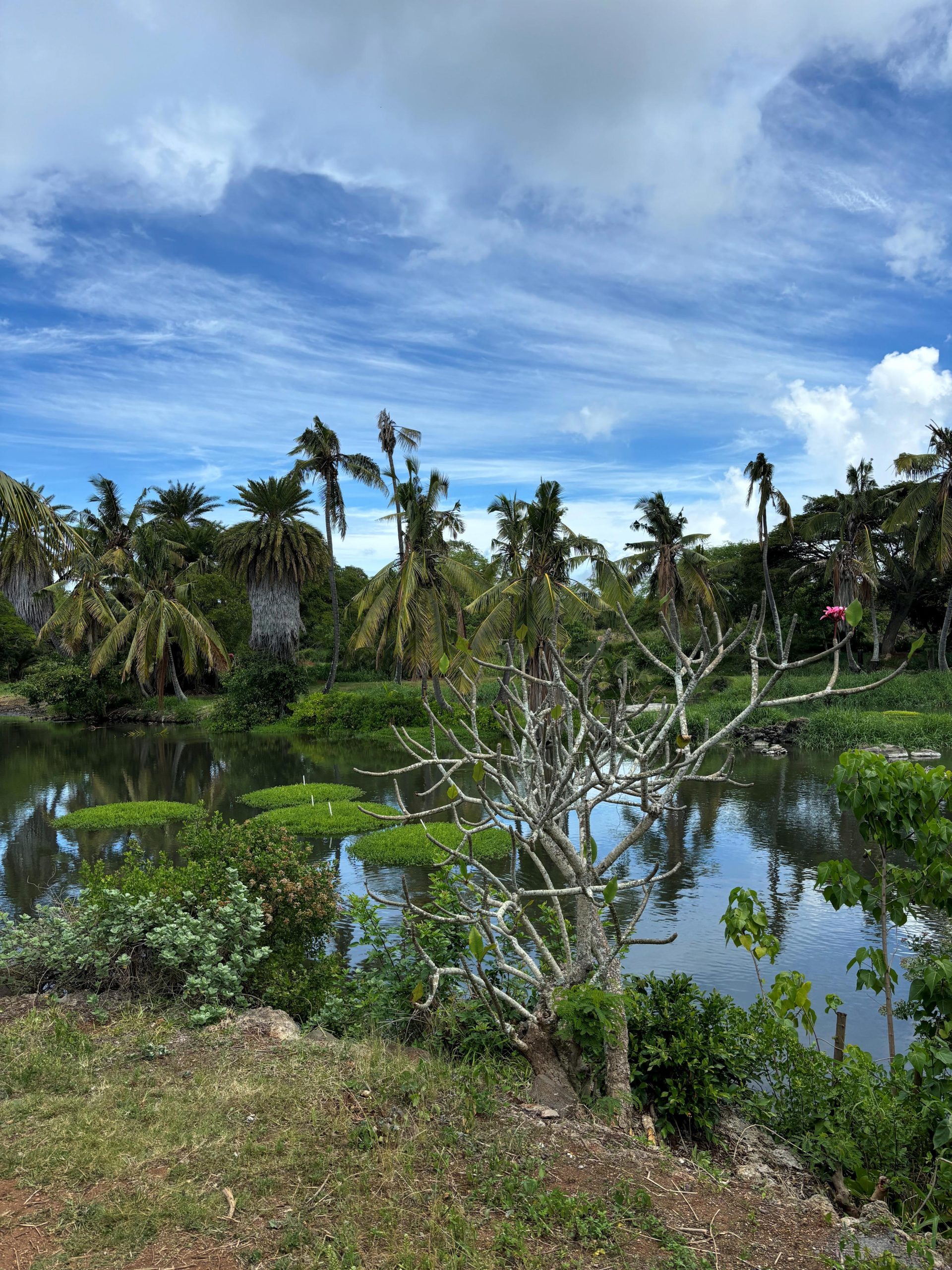Beyond Aloha: Embracing ‘Malama’ for a Deeper Hawaiian Experience
While “aloha” is synonymous with Hawaii, there’s another crucial word every visitor should understand: “malama.” In the Hawaiian language, “malama” signifies “to take care of” and embodies a core Native Hawaiian value – the belief that individuals have a responsibility to protect their community and island home.
This concept is often paired with “aina” (land), creating the widely used phrase “malama aina,” which translates to “take care of the land.” This encapsulates the sustainable lifestyle of ancient Hawaiians, who understood that nurturing the islands would, in turn, provide sustenance.
Living out “malama” isn’t exclusive to residents; it can be particularly impactful for travellers willing to volunteer during their trips. By giving back, visitors can contribute to the regeneration of the islands, rather than simply consuming resources before returning home. Increasingly, travellers desire to leave a positive mark, with many expressing a wish to leave destinations in a better state than they found them.
The Malama Hawaii Program: Connecting Travellers with Volunteer Opportunities
Recognising this desire for responsible travel, the Hawaii Visitors Convention Bureau (HVCB) and Hawaiian Tourism Authority (HTA) launched the Malama Hawaii Program. This initiative aims to connect travellers with volunteer opportunities across the state, partnering with numerous organisations. As an incentive, participating hotels offer special discounts to volunteers.
The goal is to foster a deeper understanding of Hawaiian values and ensure that tourism benefits both the community and the visitors. By engaging with the land, culture, and communities through enriching volunteer experiences, travellers discover the profound impact of caring for Hawaii. These experiences create a connection between visitor and place, fostering a deeper understanding of Hawaiian values.
Why Volunteer While Travelling? Addressing the Challenges of Overtourism
Destinations worldwide are grappling with the challenges posed by overtourism, including increased living costs and strain on natural resources and infrastructure. Some destinations, like Venice, have introduced tourist fees to mitigate these impacts by placing responsibility back on the visitor.
Hawaii, a consistently popular destination, has historically struggled with the negative consequences of its dominant tourism industry, which accounts for a significant portion of its economy. Some residents feel that tourism generates more problems than benefits, citing higher living costs, environmental damage, and a perceived lack of respect for culture and tradition.
Volunteering while travelling offers a contrasting approach. As a regenerative tourism practice, “voluntourism” empowers travellers to actively improve a destination. Similar to sustainable tourism, regenerative tourism focuses on minimising negative impacts and enhancing positive ones.
Since its inception, the Malama Hawaii Program has tracked thousands of volunteers and countless hours of service. Travellers can easily browse volunteer opportunities, filtering by activity type and even specific islands, and view available discounts, such as complimentary nights or meals.
A More Authentic and Immersive Travel Experience
When travellers seek to improve a destination, they forge stronger connections with residents and the local culture, gaining a more immersive travel experience. This provides a more authentic glimpse into the heart of Hawaii. For example, a volunteer day dedicated to restoring a ‘loko ia’ (fishpond) offers firsthand knowledge of how ancient Hawaiians practiced sustainable aquaculture to feed their communities.
These efforts have the potential for lasting positive impacts, such as replanting native trees in reforestation projects. By moving beyond simple consumption to contribution, visitors can give back to the very places that inspire them.
Navigating Voluntourism Ethically
While “voluntourism” can be a rewarding experience, it’s essential to approach it with the right intentions. If viewed solely as a “feel-good” opportunity, it can be problematic. However, when approached with a genuine desire to meaningfully interact with the host community, it can create a truly positive impact. This also offers the chance for personal transformation by broadening one’s worldview.
Examples of Malama Hawaii Program Opportunities:
- Kipuka Olowalu (Maui): At Olowalu Cultural Reserve in West Maui, volunteers connect with Hawaiian culture and the environment. Activities include planting native plants, removing invasive species, and restoring a ‘loi’ (taro patch), learning about the importance of freshwater flow and the ocean.
- Amy B.H. Greenwell Ethnobotanical Garden (Hawaii Island): Volunteers assist with light gardening and weeding while enjoying the beautiful acres of native and Polynesian plants.
- Waimea Valley (Oahu): Volunteers play a vital role in preserving cultural sites, contributing to environmental conservation, forest restoration, and botanical garden maintenance.
- Friends of Kamalani & Lydgate Park (Kauai): Volunteers help clear driftwood and trash at Morgan Pond – a natural pool – inspired by the late John Lydgate, who dedicated himself to keeping the waters clean for children to swim.
- Paʻaiau Fishpond (Oahu): Learn about this traditional Hawaiian fishpond and the Native Hawaiian plant species and wildlife of the area. Activities include a Native Hawaiian protocol, educational briefing, fishpond cleanup and restoration.
Giving Back Beyond Hawaii: A Global Movement
It’s not just in Hawaii that travellers are encouraged to minimise harm and contribute positively. Destinations worldwide are increasingly seeking to connect visitors with meaningful volunteer experiences as part of broader efforts to build a more sustainable tourism industry.
In destinations like the Maldives and Fiji, travellers can participate in coral restoration projects to help conserve the pristine oceans they came to enjoy. Other destinations, such as the California State Park Foundation, offer volunteer days to preserve the natural environment.
Ultimately, all travellers can practice “malama” in any destination they visit, not just the Hawaiian Islands. This doesn’t always require organised events. Simply picking up trash on the beach or in a park embodies the essence of “malama.”

